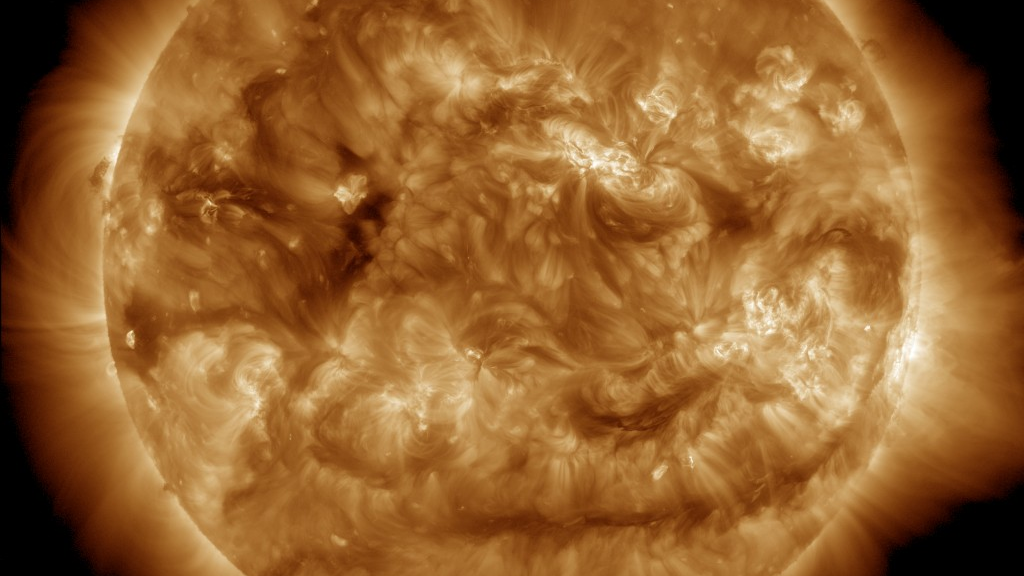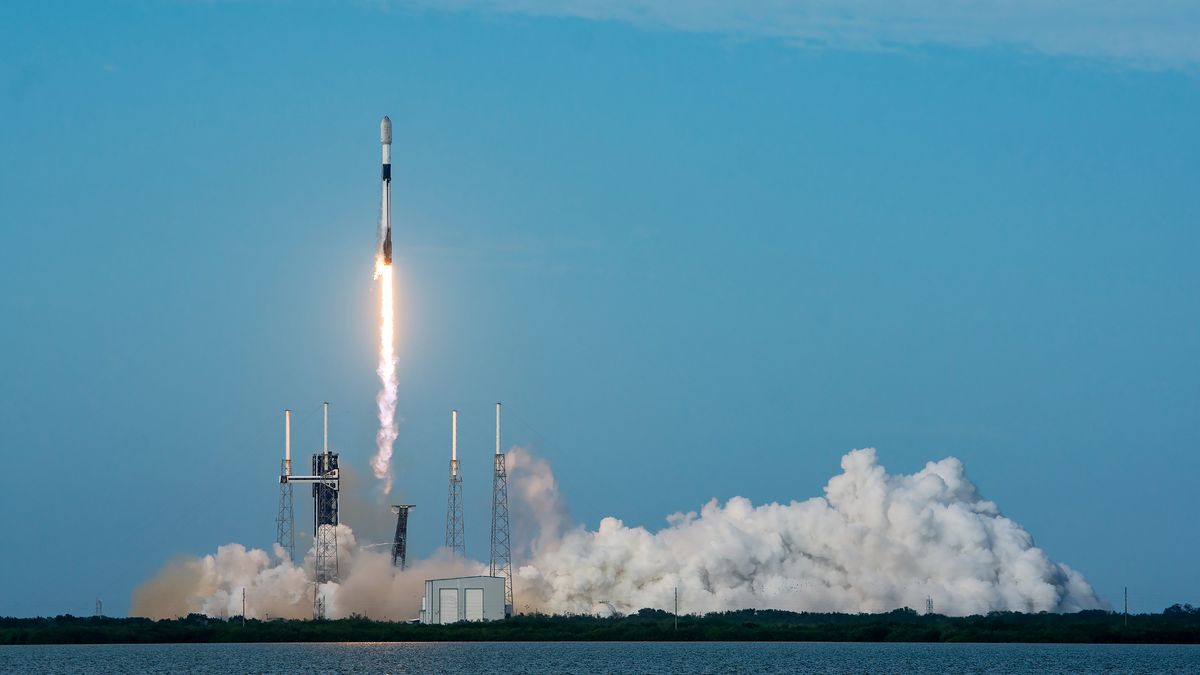
atomic: Having to do with atoms, the smallest possible unit that makes up a chemical element.
chemical: A substance formed from two or more atoms that unite (bond) in a fixed proportion and structure. For example, water is a chemical made when two hydrogen atoms bond to one oxygen atom. Its chemical formula is H2O. Chemical also can be an adjective to describe properties of materials that are the result of various reactions between different compounds.
colligative property: A physical property of some particles (such as molecules) based on factors other than the chemical makeup of those particles (such as the proportion of a chemical in a solution relative to the substance in which it was dissolved). For instance, pressure is one type of colligative property.
data: Facts and/or statistics collected together for analysis but not necessarily organized in a way that gives them meaning. For digital information (the type stored by computers), those data typically are numbers stored in a binary code, portrayed as strings of zeros and ones.
dissolve: To turn a solid into a liquid and disperse it into that starting liquid. (For instance, sugar or salt crystals, which are solids, will dissolve into water. Now the crystals are gone and the solution is a fully dispersed mix of the liquid form of the sugar or salt in water.)
force: Some outside influence that can change the motion of an object, hold objects close to one another, or produce motion or stress in a stationary object.
hydrogen: The lightest element in the universe. As a gas, it is colorless, odorless and highly flammable. It’s an integral part of many fuels, fats and chemicals that make up living tissues. It’s made of a single proton (which serves as its nucleus) orbited by a single electron.
information: (as opposed to data) Facts provided or trends learned about something or someone, often as a result of studying data.
insoluble: Incapable of being dissolved into a fluid or gas. Salt and sugar can dissolve in water, for example, but some other substances, including some of those with large molecules such as proteins, do not.
ion: (adj. ionized) An atom or molecule with an electric charge due to the loss or gain of one or more electrons. An ionized gas, or plasma, is where all of the electrons have been separated from their parent atoms.
maker: A term used to describe people who are do-it-yourselfers, making things they want and need, rather than buying commercial versions of products (everything from fabric and beer to furniture and tools). Many makers are now turning to 3-D printers to create items when and where they’re needed.
molecule: An electrically neutral group of atoms that represents the smallest possible amount of a chemical compound. Molecules can be made of single types of atoms or of different types. For example, the oxygen in the air is made of two oxygen atoms (O2), but water is made of two hydrogen atoms and one oxygen atom (H2O).
monitor: To test, sample or watch something, especially on a regular or ongoing basis.
oxygen: A gas that makes up about 21 percent of Earth’s atmosphere. All animals and many microorganisms need oxygen to fuel their growth (and metabolism).
physics: The scientific study of the nature and properties of matter and energy. Classical physics is an explanation of the nature and properties of matter and energy that relies on descriptions such as Newton’s laws of motion. Quantum physics, a field of study that emerged later, is a more accurate way of explaining the motions and behavior of matter. A scientist who works in such areas is known as a physicist.
polarization: (in physics) The condition — or creation of a condition — in which rays of wavelengths of light exhibit different properties when viewed from different directions.
salt: A compound made by combining an acid with a base (in a reaction that also creates water). The ocean contains many different salts — collectively called “sea salt.” Common table salt is a made of sodium and chlorine.
solid: Firm and stable in shape; not liquid or gaseous.
soluble: Some chemical that is able to dissolve some liquid. The resulting combo becomes a solution.
solution: A liquid in which one chemical has been dissolved into another.
solvent: A material (usually a liquid) used to dissolve some other material into a solution.
weather: Conditions in the atmosphere at a localized place and a particular time. It is usually described in terms of particular features, such as air pressure, humidity, moisture, any precipitation (rain, snow or ice), temperature and wind speed. Weather constitutes the actual conditions that occur at any time and place. It’s different from climate, which is a description of the conditions that tend to occur in some general region during a particular month or season.









Leave a Comment